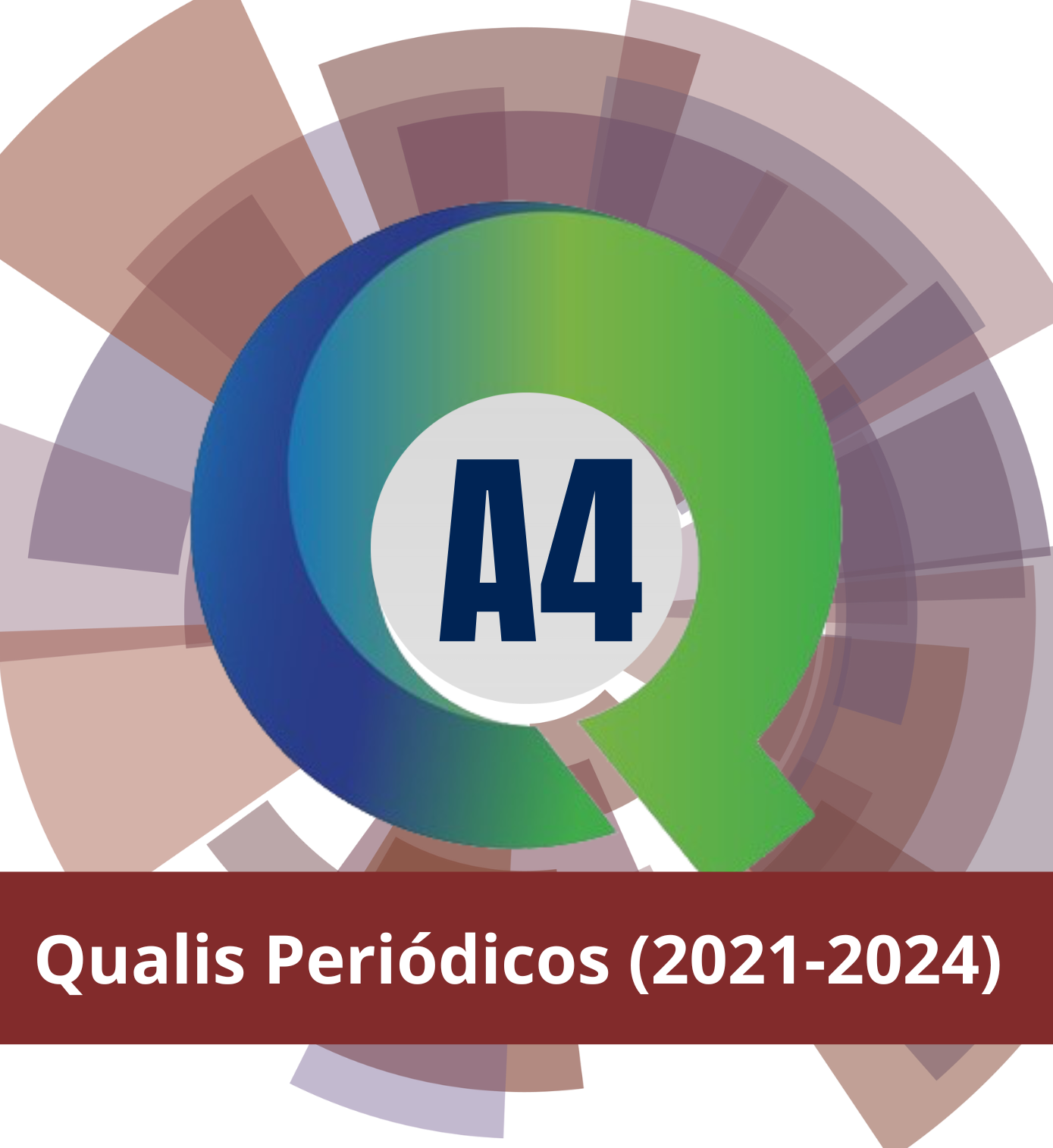Limits and possibilities to improve the economic activities in agrarian reform settlements in the State of São Paulo
DOI:
https://doi.org/10.25059/2527-2594/retratosdeassentamentos/2012.v15i2.121Abstract
This paper provides an overview of the key findings of a survey that sought to examine the relationship between local government agencies and agrarian reform communities in the State of São Paulo, particularly with regard to the types of support that have been provided by these agencies to the economic activities of settlements. The research was part of the project "The agencies and services involved in the implementation of public policies for equity and growth", which was supported by the Instituto de Colonização e Reforma Agraria (INCRA/SP), whose activities were carried out throughout 2011. In methodological terms, the research was divided into two stages. In the first stage, it sought to identify the main economic activities, vocations and potential of the influencing areas of the Quilombola communities and settlements in their respective regions and micro-regions. Therefore, a survey was conducted based on secondary data. In the second stage, a qualitative, exploratory, empirical, and multiple case study research was conducted. Local public officials, in charge of the institutional relations with the agrarian reform settlements (and quilombolas communities, in this case, one of the municipalities investigated) were the primary source of data for this analysis that sought to evaluate the strength, types and quality of support (plausible or effective) provided by the municipalities to the economic activities of settlements. The results indicated a set of reasonably heterogeneous components, and frequently, distinct, of particular circumstances. Based on the results some proposals for action plans were indicated, which probably would constitute a standard reference for the formulation and implementation of public policies and actions to improve the economic activities of the settlements.
Keywords: Agrarian reform; Public policies; Economic production system;
Territorial development.
References
ABRAMOVAY, R. Estudo da dimensão territorial do PPA 2008/2011.
CGEE, UNICAMP. 2007. Notas técnicas.
BRASIL. Presidência da República. Lei nº. 4.504, de 30 de novembro de
Dispõe sobre o Estatuto da Terra, e dá outras providências. Disponível em: <http://www.planalto.gov.br/ccivil_03/leis/L4504.htm>. Acesso em: 29 mar. 2012.
CASTILHO, M.L.V. As ocupações e desapropriações para a reforma
agraria. Revista do Direito Agrário, ano 20, n. 19, Brasília, INCRA, 2007.
DE JANVRY, A; SADOULET, E. Land reforms in Latin America: ten
lessons toward a contemporary agenda. 2002. Disponível em:
www.wordbank.org>. Acesso em: 29 mar. 2012.
DELGADO, N.G; LEITE, S.P. Políticas de Desenvolvimento Territorial no
Meio Rural Brasileiro: Novas Institucionalidades e Protagonismo dos Atores. Dados, Rio de Janeiro, v.54, n.2, 2011, p.431-473.
DELGADO, G.C. A questão agrária no Brasil, 1950-2003. In: JACCOUD,
L. (Org.) Questão social e políticas sociais no Brasil contemporâneo.
Brasília: IPEA, 2005. p51-90.
FISCHER, T. Poderes locais, desenvolvimento e gestão - introdução a uma agenda. In: FISCHER, T. (Org.) Gestão do desenvolvimento e poderes locais: marcos teóricos e avaliação. Salvador: Casa da Qualidade, 2002.
INSTITUTO DE COLONIZAÇÃO E REFORMA AGRÁRIA – INCRA/
CENTRO UNIVERSITÁRIO DE ARARAQUARA – UNIARA.
Condicionantes para o fortalecimento das atividades econômicas dos
Assentamentos da Reforma Agrária e das Comunidades Quilombolas
nos Núcleos Operacionais do INCRA no Estado de São Paulo.
Araraquara/SP: INCRA/UNIARA, 2012. Relatório Final.
LEITE, S. et al. Impactos dos assentamentos – Um estudo sobre o meio
rural brasileiro. Brasília: Nead/Unesp, 2004.
MARTINS, J.S. Reforma agrária – o impossível diálogo sobre a História
possível. Tempo Social. USP, São Paulo, v.11(2). P.97-128, out. 1999
(editado em fev. 2000).
MIRALHA, W. Questão agrária brasileira: origem, necessidade e
perspectivas de reforma hoje. Nera, Presidente Prudente, n.8, p.151-172, 2006. Disponível em: <http://www2.fct.unesp.br/nera/revistas/08/
Miralha.PDF>. Acesso: em 30 mar. 2012.
NEVES, D.P. Assentamento Rural: Reforma Agrária em migalhas. Niterói:
Eduff, 1997.
ORTEGA, A.C.; MENDONÇA, N.C. Estratégias de desenvolvimento
territorial rural no Brasil: continuidades e rupturas. In: ORTEGA, A.C.;
ALMEIDA FILHO, N. (Orgs.) Desenvolvimento Territorial, Segurança Alimentar e Economia Solidária. Campinas/SP: Alínea, 2007.
ORTEGA, A.C.; SOBEL, T.F. Desenvolvimento territorial: uma avaliação das políticas governamentais no submédio do Vale do São Francisco. In:
ORTEGA, A.C. (Org.) Território, políticas públicas e estratégias de
desenvolvimento. Campinas/SP: Alínea, 2007.
PEREIRA, J.M.M.; SAUER, S. A disputa político-ideológica entre a Reforma Agrária Redistributiva e o modelo de Reforma Agrária de Mercado do Banco Mundial, Estado & Sociedade, v. 20 (3), 2005, set/dez, p. 611-646.
PEREIRA, J.M.M. O modelo de reforma agrária de mercado do Banco
Mundial em questão: o debate internacional e o caso brasileiro: Teoria, luta política e balanço de resultados. Dissertação (Mestrado em Desenvolvimento, Agricultura e Sociedade). CPDA/UFRRJ, Rio de Janeiro, 2004.
VEIGA, J.E. Fundamentos do agro-reformismo.Lua Nova, n.23, p.39-65,
SPAROVEK, G. A qualidade dos assentamentos da reforma agrária
brasileira. Brasília: USP/MDA/FAO, 2003.
Downloads
Published
How to Cite
Issue
Section
License
O(s) autor(es) autoriza(m) a publicação do artigo na revista;
• O(s) autor(es) garante(m) que a contribuição é original e inédita e que não está em processo de avaliação em outra(s) revista(s);
• A revista não se responsabiliza pelas opiniões, ideias e conceitos emitidos nos textos, por serem de inteira responsabilidade de seu(s) autor(es);
• É reservado aos editores o direito de proceder ajustes textuais e de adequação do artigo às normas da publicação.
Autores mantêm os direitos autorais e concedem à revista o direito de primeira publicação, com o trabalho simultaneamente licenciado sob a Licença Creative Commons Attribution, que permite o compartilhamento do trabalho com reconhecimento da autoria e publicação inicial nesta revista.
Autores têm autorização para assumir contratos adicionais separadamente, para distribuição não exclusiva da versão do trabalho publicada nesta revista (ex.: publicar em repositório institucional ou como capítulo de livro), com reconhecimento de autoria e publicação inicial nesta revista.
Autores têm permissão e são estimulados a publicar e distribuir seu trabalho online (ex.: em repositórios institucionais ou na sua página pessoal) a qualquer ponto antes ou durante o processo editorial, já que isso pode gerar alterações produtivas, bem como aumentar o impacto e a citação do trabalho publicado (Veja O Efeito do Acesso Livre) em http://opcit.eprints.org/oacitation-biblio.html















